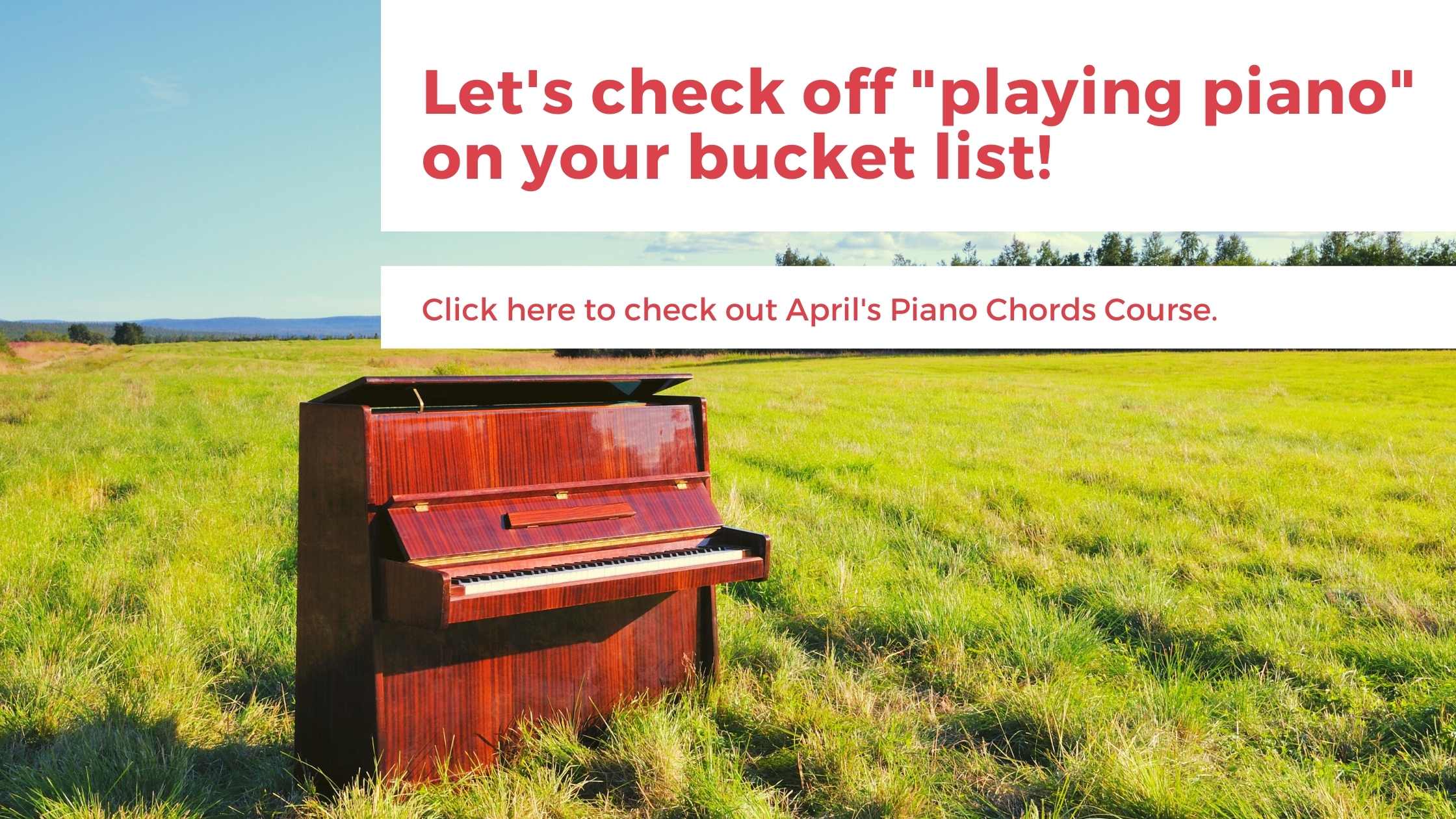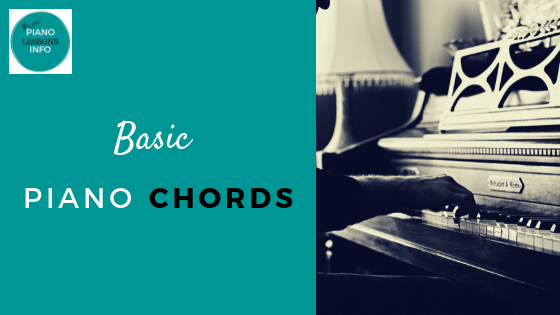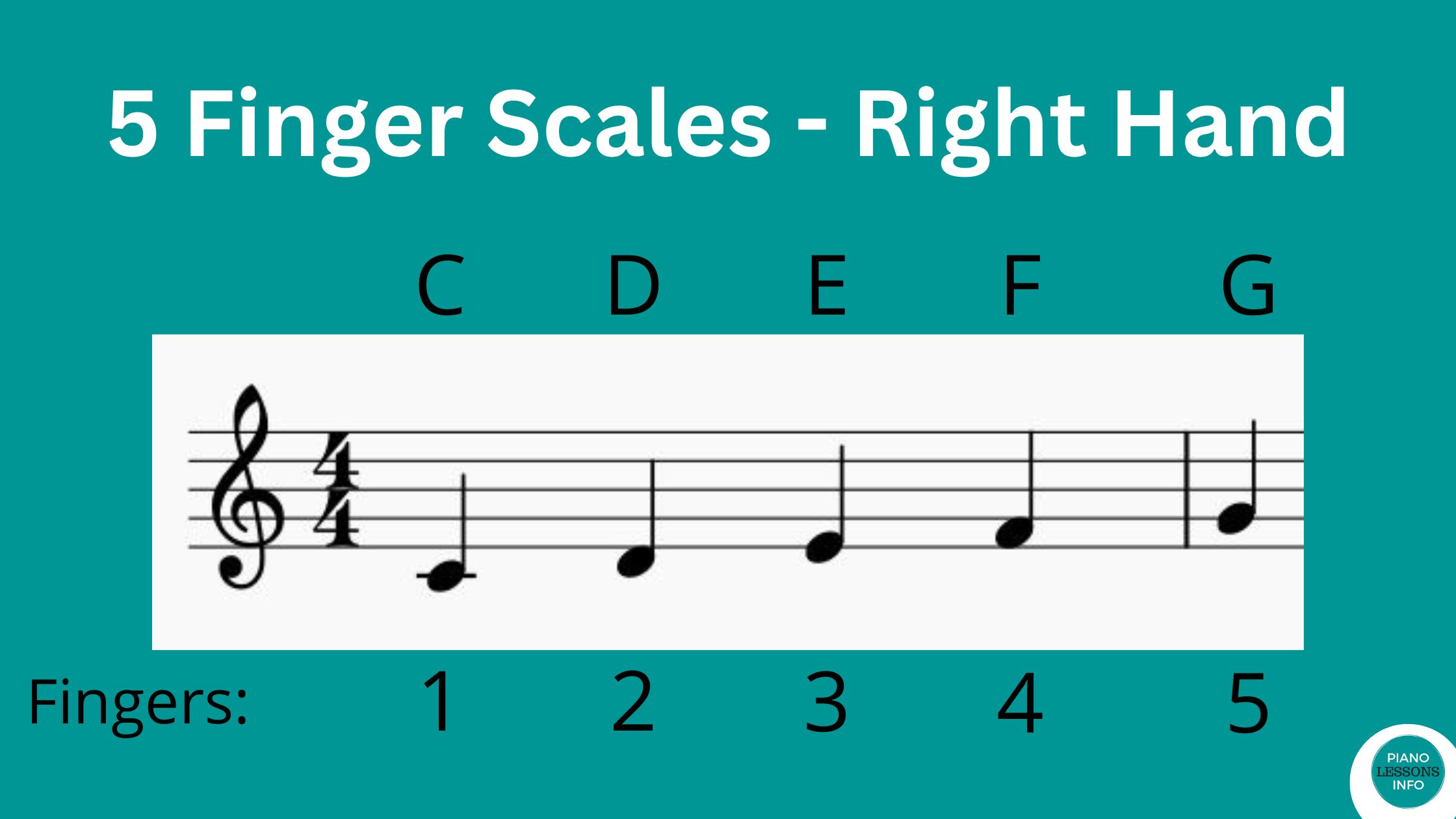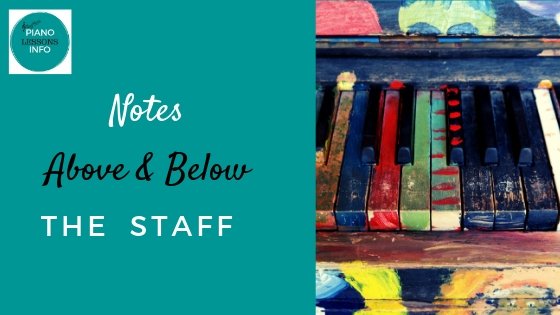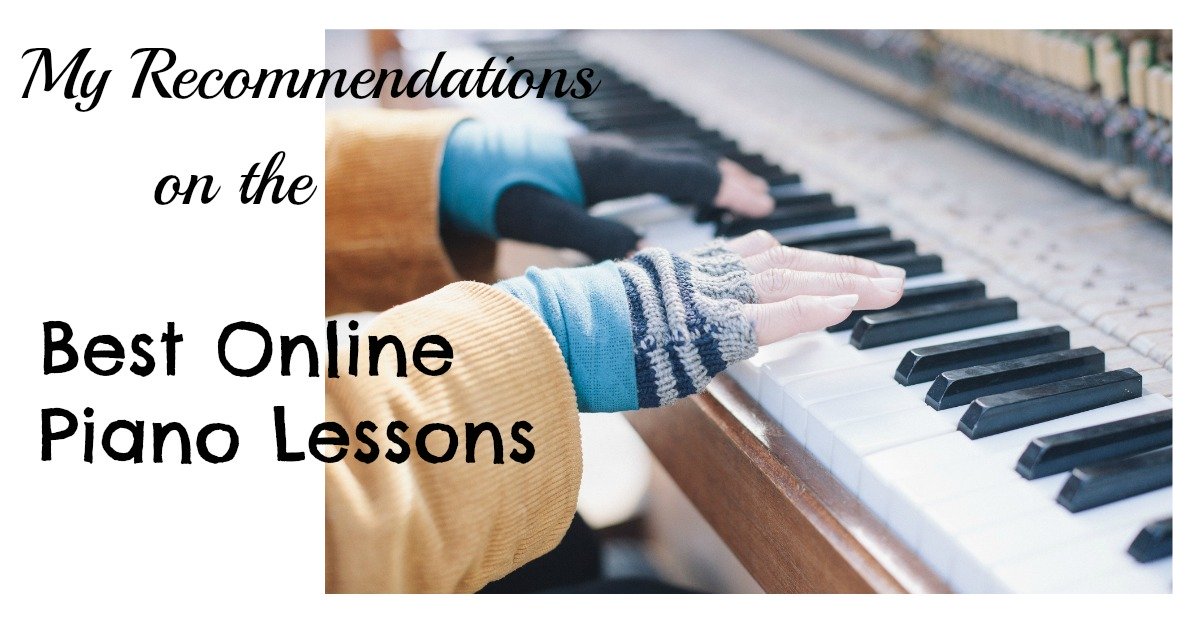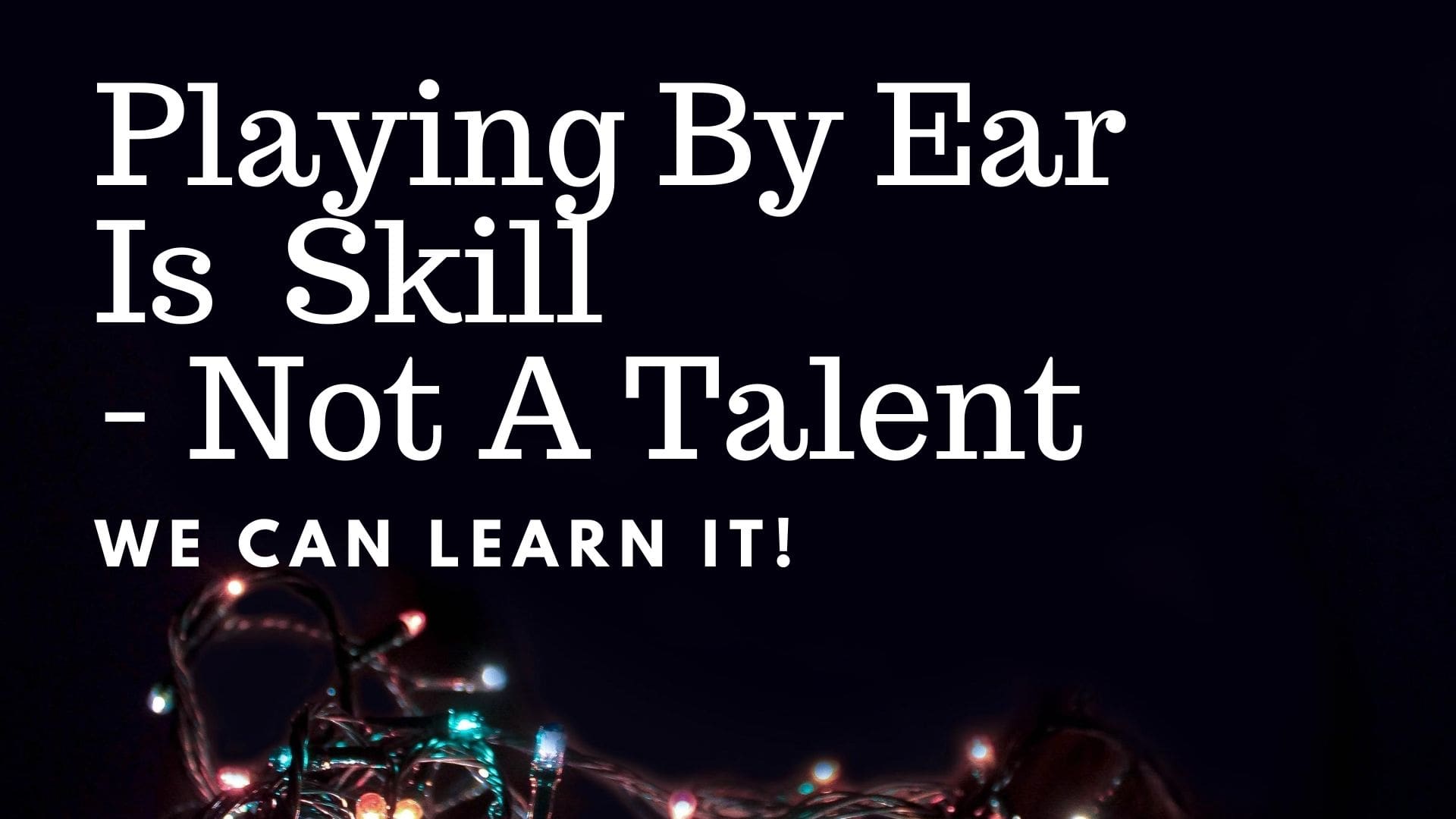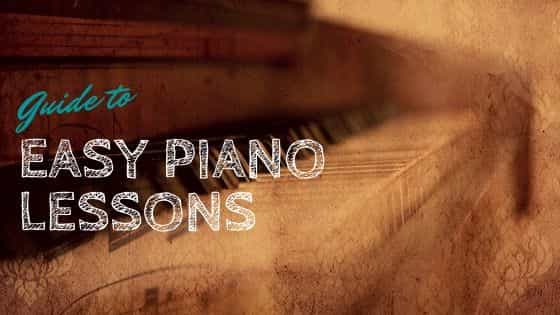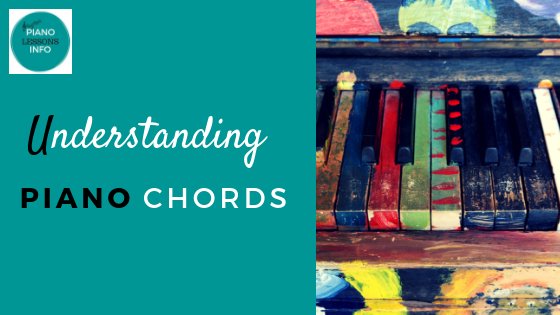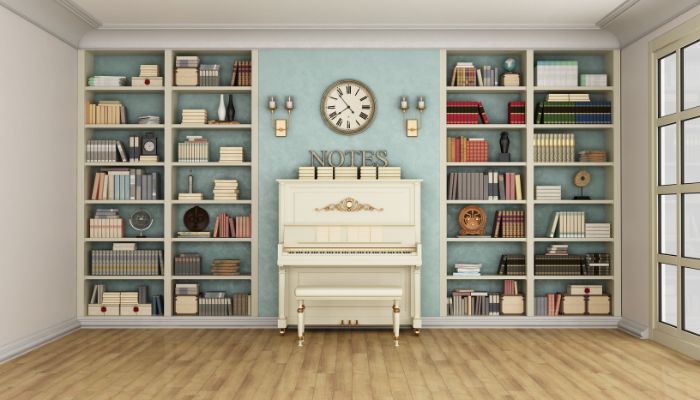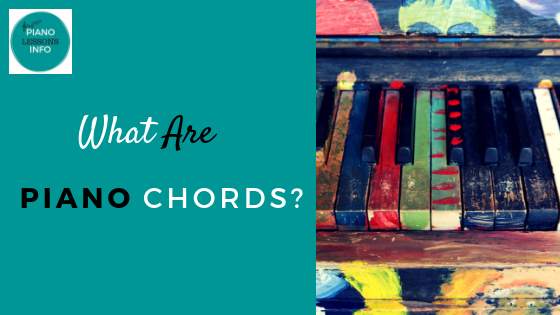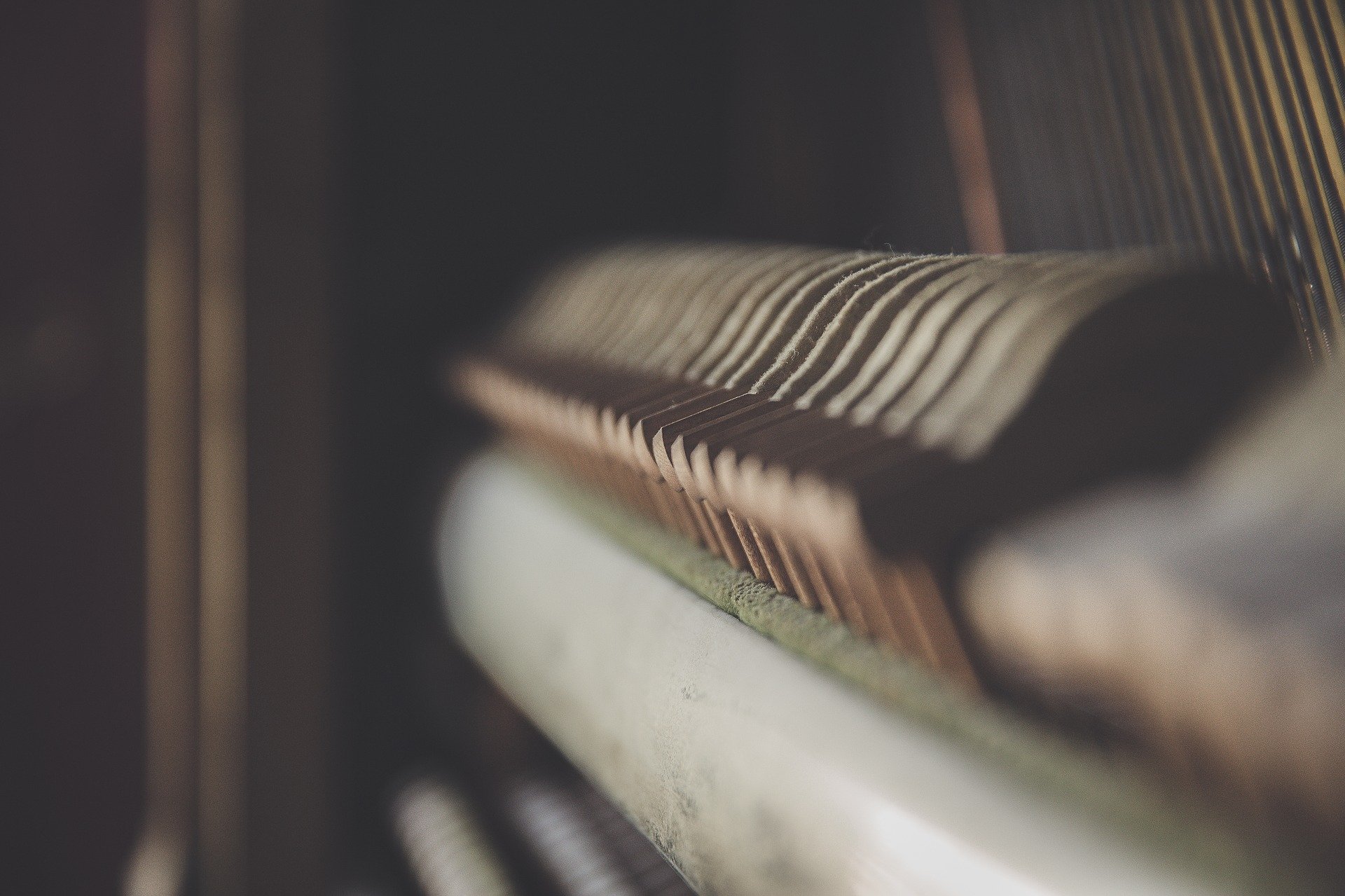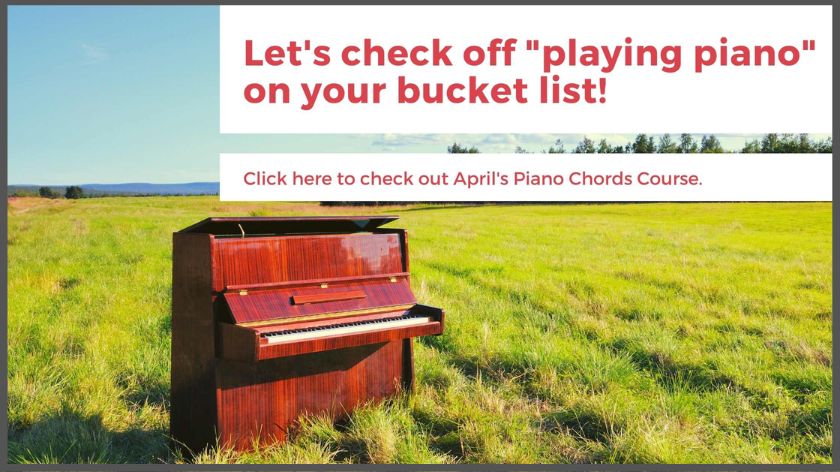Beginning Piano Lessons: Where to Start & What You Need
For anyone beginning piano lessons, the first challenge is knowing where to start. Do you want a teacher? Do you want to learn online? What will you be able to learn and how quickly?
Not only that but what do you need to learn when starting out piano? We'll answer that and more.
Where to Start
The best place to understand how to start piano lessons is to know what you want. There are a lot of different approaches to take. People have different learning styles and different needs.
So think about what you want:
- what style of music do you want to play?
- do you want to learn with a teacher or online?
- do you want to play classical piano?
- how will you stay consistent with your practice?
- do you want to learn piano chords or accompany people?
- how much time do you have to practice?
Find the Approach To Piano Lessons That Suits You
Consider your learning style and preferences when choosing your approach to piano lessons. Options include:
- Private Lessons: Working with a piano teacher provides personalized instruction, immediate feedback, and structure to your learning journey. They can guide you through proper technique, music theory, and repertoire selection.
- Online Lessons: Online platforms offer flexibility, convenience, and a wealth of resources. Look for reputable online piano lesson platforms that provide structured curricula, video tutorials, interactive exercises, and supportive communities. You can see my online piano chords course here.
- Self-Study: If you prefer a more independent learning style, self-study using books, online tutorials, Youtube and practice materials can be a viable option. However, self-study requires discipline, motivation, and consistent practice to ensure progress. You'll also need a way to check that you're doing things properly and have a structure to follow.
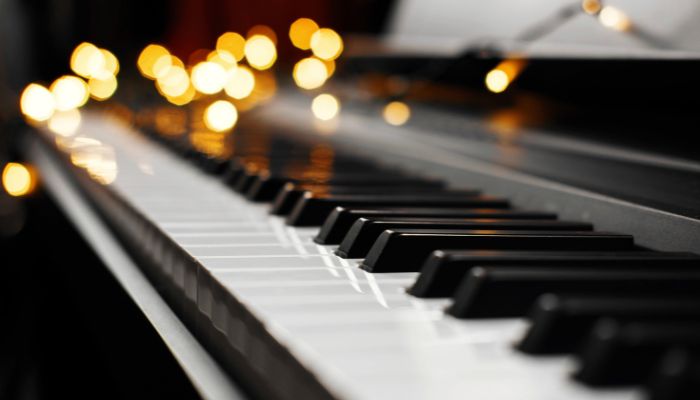
Depending on what you're after, any of the following articles may help you:
Basic Beginner Piano Lessons - information about piano lessons for ages 13 and up.
Piano Lessons for Adults - information about lessons with a teacher or online - your best approach.
Online Piano Lessons - interested in learning online? Here are some tips for making a great online piano lesson choice.
Piano Lessons for Kids - tips on the best piano lesson approach for children ages 5-12.
Easy Piano Lessons - worried about the learning curve? Some lessons are easier than others.
A Fast Approach to Piano Lessons - want to start to play quickly? Tips on the best ways to do that.
Learning to Play Piano by Ear - want to be able to just sit down and play something you heard? The best way is to start by learning to play by ear.
Get the Right Piano Learning Equipment
Before you start learning, you'll need something to learn on! To begin your piano lessons, you'll need a piano or a keyboard. If possible, an acoustic piano offers an authentic playing experience. However, digital keyboards or pianos are more affordable and suitable for beginners.
Just starting and need to get a piano or a keyboard? Check out the Guide to Buying a Piano Keyboard (for learning piano) here.
This is what equipment you'll need when beginning piano lessons:
- a piano, digital piano or keyboard that is 60 keys (or more) and touch sensitive / has weighted keys
- if buying a keyboard you'll also need a stand and pedal (if they don't come with it as often they don't)
- a piano bench or stool (not just a chair and not a soft chair)
- optional: a piano light
- optional: a metronome
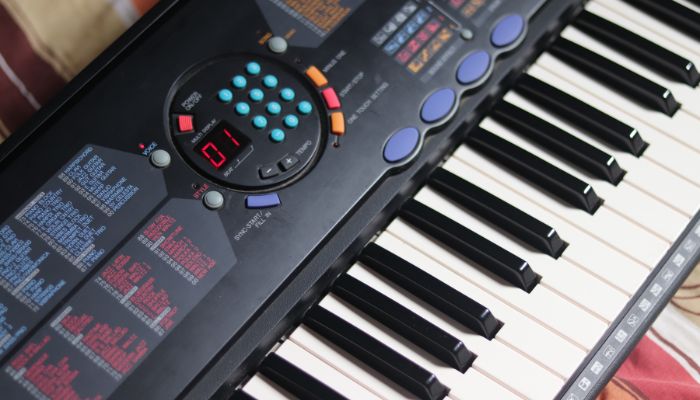 You don't need a piano keyboard with lots of settings, simple is fine when beginning piano lessons
You don't need a piano keyboard with lots of settings, simple is fine when beginning piano lessonsStart Beginner Piano Lessons
One of the things that may help you is the Beginner Piano Guide I've put together. This is a free download and takes you through many of the first steps to learning piano.
The first things you want to know when learning are:
- how to sit at the piano
- piano key notes
- reading notes
- rhythm symbols
- what are piano chords
- reading chord titles
You'll also want things to practice. So knowing what books are good for kids and adults is a good start.
If you want to learn chords, you can do the beginning of my piano chords course for free and that'll take you through some of this beginner information (but doesn't include any music reading).
Create A Practice Routine
Consistency is key when learning the piano. Establish a practice routine that suits your schedule, dedicating regular time to practice each day.
Start with shorter sessions and gradually increase the duration as you progress. Remember, quality practice is more important than quantity, so focus on focused and mindful practice.
Decide:
- Which days you'll practice
- What time you'll practice
- How long you'll practice
And you'll also need a good idea of what to practice. You can get this from your teacher, online course or work it out if you're going the self-study route.
If you're looking for some exercises to add into your practice routine, these beginner piano exercises will help.
Remind Yourself That Beginning Piano Lessons Takes Time
It's worth remembering that learning any new instrument takes time. So be patient with yourself, enjoy the journey and remember, being able to play piano isn't something you're just born with. It's a skill you develop. (See Is Playing Piano A Talent or Skill?)
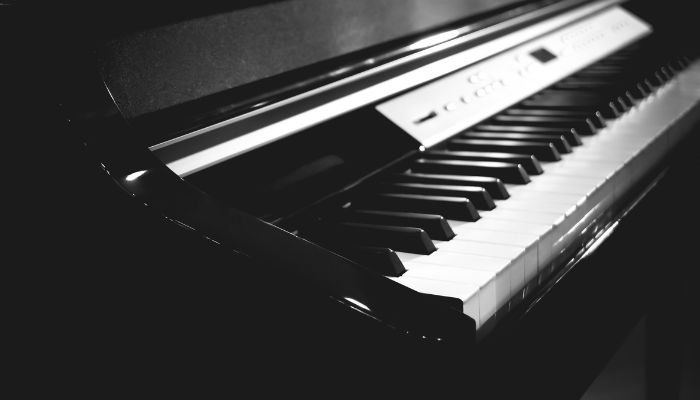
Beginning piano lessons is a gateway to a world of musical discovery and self-expression. By setting clear goals, choosing the right approach, practicing regularly, and nurturing your love for music, you'll embark on a fulfilling journey of growth and creativity.
Embrace the challenges, cherish the achievements, and let the piano become your trusted companion as you explore the realms of melody and harmony. Get ready to unlock your musical potential and enjoy the beautiful journey of playing the piano!
Beginning Piano Lessons FAQ
Q: Do I need any prior musical experience to start piano lessons?
Q: Do I need any prior musical experience to start piano lessons?
A: No prior musical experience is necessary to begin piano lessons. Whether you're a complete beginner or have some musical background, piano lessons can cater to your skill level and guide you on your musical journey.
Q: What should a beginner pianist learn first?
Q: What should a beginner pianist learn first?
A: Everyone learns to sit at the piano and the piano key notes first. After that it depends on if you're learning to read music, in which case you'd do that next, or learning chords and you'd start with basic piano chords if so.
Q: Is 3 months enough to learn piano?
Q: Is 3 months enough to learn piano?
If you are learning to play piano chords only, you could learn this in 3 months if you practiced a lot and were very consistent. This is too short a time frame for reading music and playing anything over than beginner songs.
Q: Is one year enough to learn piano?
Q: Is one year enough to learn piano?
A: You could learn to play piano chords and be quite good at them in the space of a year. For piano chords, one year is enough.
If you practiced a lot, you could potentially get to the early stages of intermediate piano. But realistically, most people are still in the beginner stages after one year of learning.
Q: How long are typical piano lessons, and how often should I have them?
Q: How long are typical piano lessons, and how often should I have them?
The duration of piano lessons can vary depending on the teacher or program. Common lesson durations are 30 minutes, 45 minutes, or 1 hour. I teach 30 minute lessons.
The frequency of lessons can range from weekly to biweekly. I teach weekly lessons. Discuss your preferences and availability with your teacher to determine a schedule that works best for you.
Q: Do I need to own a piano to take piano lessons?
Q: Do I need to own a piano to take piano lessons?
While having access to a piano or keyboard is ideal, it's not an absolute requirement to start piano lessons. Beginners can begin with a digital piano or keyboard, which is a more affordable alternative. As you progress and become more committed, investing in an acoustic or digital piano will enhance your playing experience.
Q: Should I choose private lessons or online lessons?
Q: Should I choose private lessons or online lessons?
A: The choice between private lessons and online lessons depends on your learning style, preferences, and circumstances.
Private lessons offer personalized instruction, immediate feedback, and a structured approach, while online lessons provide flexibility, convenience, and a wealth of resources.
Consider factors such as your schedule, budget, and desired level of interaction when deciding which approach suits you best.
One extra note here - if you want to play classical piano, choose a teacher. If you want to learn chords, an online course is likely better as many teachers are less familiar with chords.
Q: How much time should I dedicate to practicing the piano?
Q: How much time should I dedicate to practicing the piano?
A: Consistency is key when it comes to practicing the piano. Aim for regular practice sessions, ideally setting aside at least 20-30 minutes a day, five days a week.
As you progress, you can gradually increase the duration of your practice sessions. Remember that quality practice, focused on technique, musicality, and specific goals, is more important than the quantity of time spent practicing.
Q: Can adults learn to play the piano or is it mainly for children?
Q: Can adults learn to play the piano or is it mainly for children?
A: Absolutely! Piano lessons are suitable for learners of all ages, including adults. In fact, adults often bring focus, discipline, and a genuine love for music, which can accelerate their learning process. With the right approach, dedication, and practice, adults can achieve significant progress and find immense joy in playing the piano.
Q: How long does it take to become proficient at playing the piano?
Q: How long does it take to become proficient at playing the piano?
A: The time it takes to become proficient at playing the piano varies depending on factors such as practice time, frequency of lessons, individual aptitude, and goals. Progress is a gradual process, so be patient and enjoy the journey of learning. With consistent effort and dedication, you will notice improvement over time.
Q: Can I learn to play the piano on my own, without a teacher?
Q: Can I learn to play the piano on my own, without a teacher?
A: While it's possible to learn the piano on your own using online resources, books, and tutorials, having a qualified piano teacher can greatly enhance your learning experience.
A teacher can provide personalized guidance, correct mistakes, offer valuable feedback, and tailor lessons to your specific needs. They can also help you progress more efficiently and ensure proper technique and musical understanding.
Return from Beginning Piano Lessons to Piano Lessons Info Homepage.
Recent Articles
-
Piano Notes Chart
Nov 20, 23 10:21 PM
Find a piano notes chart for treble clef and bass clef notes as well as the different types of notes. -
D Chord on Piano + Diagram, How To & Theory
Oct 24, 23 12:20 AM
Learn how to play the D chord on piano with diagram, fingering, D/A, D/F# and a theory explainer. -
Diminished Piano Chords: Chart & How to Make Them
Oct 09, 23 09:23 PM
Learn the different diminished piano chords and how to make them. Here you'll find both a diminished chord chart and an explanation.
- Home
- Beginning Lessons
Free Download:
Ultimate Chord Cheat Sheet
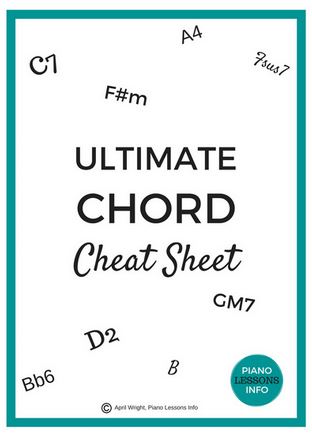
Subscribe below and get free access to the (printable) Ultimate Chord Cheat Sheet.
